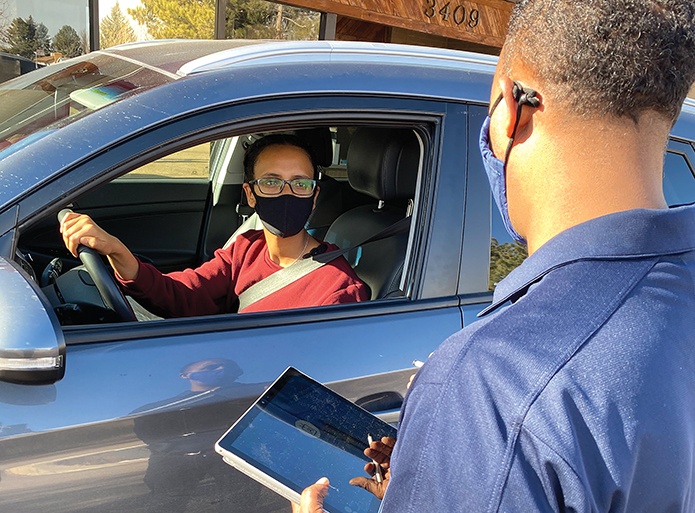
It is a widely held belief that alternative forms of student transportation do not meet the standards or regulations of traditional student transportation. There are thousands of districts out there that use alternative types of vehicles though (some of them even own their own “white fleet”), so is it true? Do alternative types of transportation meet the same standards as the traditional yellow school bus?
![]() The first thing to know is that student transportation standards vary by state, and in some cases can even be slightly different at the county level. Before you can determine the plausibility of this myth, you will have to know what the regulations and restrictions are in your area. In this article, we will focus on regulations that are fairly consistent no matter where you are.
The first thing to know is that student transportation standards vary by state, and in some cases can even be slightly different at the county level. Before you can determine the plausibility of this myth, you will have to know what the regulations and restrictions are in your area. In this article, we will focus on regulations that are fairly consistent no matter where you are.
If we focus first on the vehicle, there are things that can (and should) be considered standard no matter whether it is a bus or a sedan. The driver and each passenger should always be properly secured with the appropriate seat restraint. All vehicles should be identified easily, cleaned regularly, and maintained based on the manufacturer’s recommendations. GPS, inspections, and vehicle age are also things that qualify a vehicle across the board.
When it comes to things like the number of emergency exits, rooftop flashing lights, and stop arms, however, it does not always make sense to continue with blanket regulations. Smaller vehicles are routed to drop students directly in front of their homes making stop arms unnecessary. Emergency exits are a given, and the students practice getting in and out of them on every single trip making emergency evacuation drills irrelevant as well.
Let us shift the focus away from the vehicle and spotlight the driver. All drivers, regardless of the type of vehicle they are driving, should pass ongoing criminal background checks and motor vehicle record checks, as well as submit proof of an annual physical. They should be subject to drug and alcohol testing (pre-service, random, post-accident, and reasonable suspicion), and acknowledge district safety and confidentiality policies.
Additionally, they should be trained on things like pre-trip vehicle inspections, safe loading/unloading, ADA regulations, accident/incident procedures, disabilities (including behavioral disorders), customer service, other emergency situations, and defensive driving (to name a few).
Some things that are more specific to bus drivers, however, include emergency evacuation drills (as mentioned above), vehicle walk-throughs at the completion of the day, and a commercial driver’s license. To require those things of the driver of, say, a minivan, seems overzealous.
And of course, as we all know, the most important thing on a bus or a smaller capacity vehicle is having the same driver show up every day. It shows commitment on the part of the driver, sure, but it also provides consistency, stability, and trust for the student(s) they transport. Having a consistent experience is more than just the same route to/from school every day. It includes the vehicle, the driver, and even the other passengers. When working with younger students or those with special needs, this can be an especially critical piece of ensuring their success.
Student transportation, in general, is regulated by your State’s Department of Education (DOE). The DOE has the responsibility of determining the requirements for drivers and vehicles, and they set the standard that anyone transporting students must follow to ensure safety for the students and to protect your district. Make sure you know who regulates your contractors before signing an agreement. Some have it right and others still have a way to go.
While it is true that there are regulations that do not apply to smaller capacity vehicles, it is also true that there is almost always a different but equal alternative. There are many states in which the Department of Education has determined what those equivalent rules and restrictions are and has created parallel standards for non-buses transporting students. Because this myth is both true and not, we are calling this one plausible.
Abi Studer is marketing manager for ALC Schools. With a robust background in contract compliance and regulation subject matter expertise, Studer blends that experience into ALC School’s marketing efforts. Her focus is to provide school districts across the country with actionable and relatable content to evolve their efforts with Special Needs students. Visit www.alcschools.com for more information.


